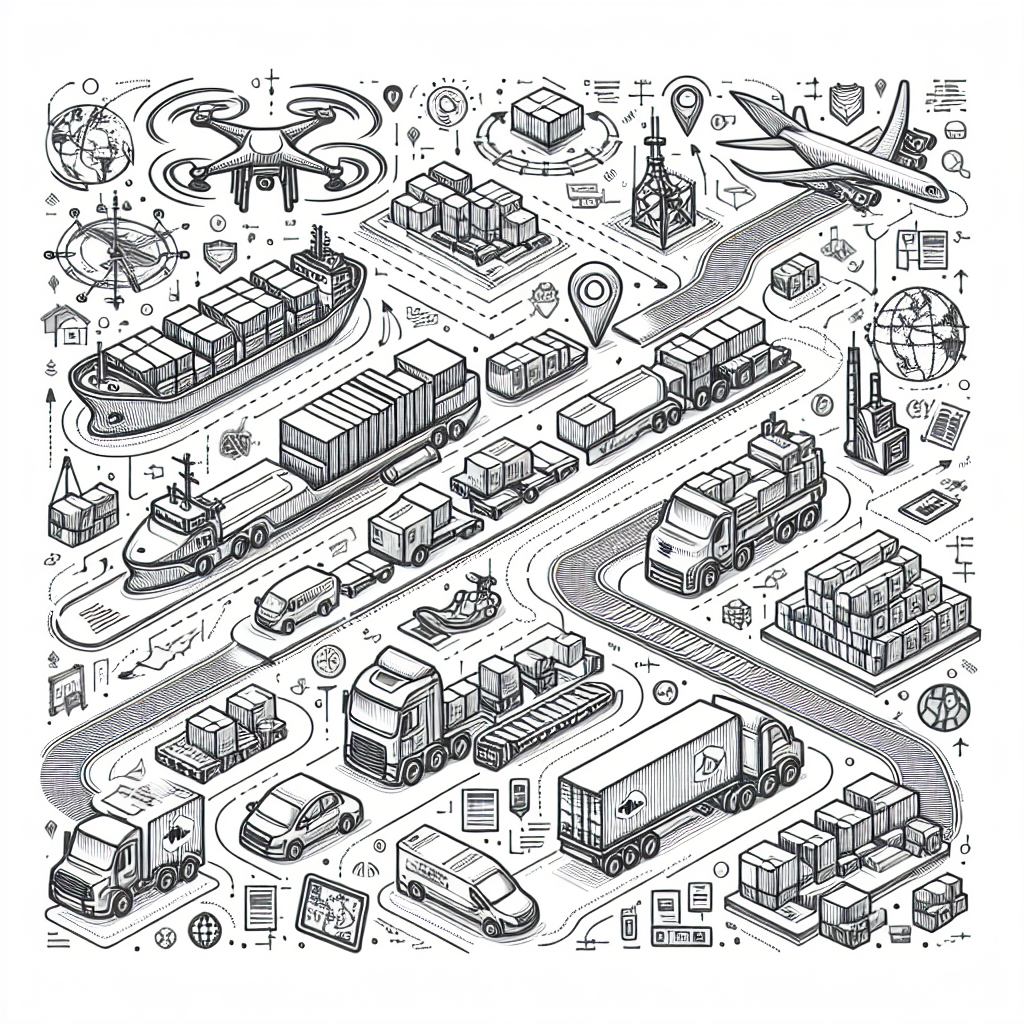In an increasingly digital world, it’s becoming critical for businesses to consistently evolve and adapt to stay competitive.
One sector that is witnessing significant transformation is logistics. Technological advancements are revolutionizing the logistics industry, enabling businesses to streamline their operations, enhance efficiency and reduce costs.

The art of moving goods from one point to another is no longer just about transportation. The logistics process today involves the integration of information flow, inventory management, warehousing, material handling, packaging, and transportation.
Technological breakthroughs are making this integration seamless, allowing businesses to manage their logistics effectively.
One significant game-changer in the logistics landscape is the application of real-time tracking systems. Real-time tracking provides a way of knowing the exact location of a shipment at any given moment. This not only enhances transparency but also improves the efficiency of the supply chain by enabling quick decision making in case of unexpected delays or issues.
Warehouse Automation is another crucial area of innovation. Automation technologies such as robotics and drones are making warehouse operations more efficient, reducing errors, and speeding up the process.
Automated warehousing systems can manage inventory more effectively, reducing overstock and out-of-stock scenarios and ensuring the right product is available at the right time.
The adoption of cloud-based logistics management software is also on the rise. These platforms offer an array of tools to manage different aspects of logistics, from inventory management to route optimization. The advantage of a cloud-based system is its accessibility from anywhere, which facilitates real-time communication and coordination among all the stakeholders.
Moreover, predictive analytics is taking center stage in logistics, allowing businesses to forecast future trends and prepare accordingly.
These insights can help in proactive decision-making such as predicting delivery delays, reducing costs, and improving customer satisfaction.
While technology is playing a significant role in revolutionizing logistics, the human touch cannot be overlooked. Training and development of logistics personnel is equally important to manage these advanced systems. They need to be equipped with the necessary skills to harness the power of these technologies effectively.
Sustainability is another key concern that is shaping the future of logistics. Businesses are increasingly focusing on reducing their carbon footprint and are looking for more eco-friendly logistics solutions. This includes investing in greener vehicles, optimizing routes to reduce fuel consumption, and recycling packaging materials.
To sum up, the logistics industry is at an exciting juncture. With the integration of advanced technologies, logistics has the potential to become more efficient, cost-effective, and eco-friendly. However, businesses need to embrace these changes and invest in the right tools and training to stay ahead in this fast-evolving industry.
The successful logistics solutions of the future will not only be about delivering goods from point A to B.
They will also involve managing information effectively, reducing environmental impact, and ensuring that human resources are trained and ready to handle the technological advancements. The future indeed looks bright for the logistics industry, with ample opportunities for innovation and growth.